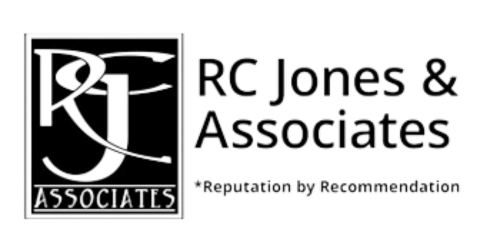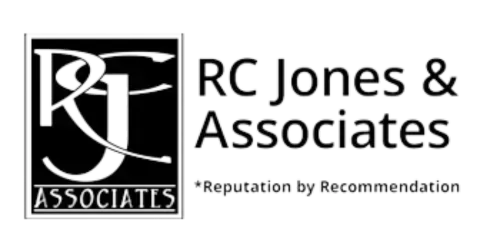Choosing the Right Retirement Plan for Your Business
Robert Jones • October 27, 2025
Why Retirement Planning Matters for Your Business
Key Points:
- As a business owner, your personal retirement strategy and business success are closely linked.
- A well-structured retirement plan offers dual benefits: retirement security and powerful tax planning opportunities.
- Choosing the right plan requires aligning your business structure, income goals, and employee base with available plan options.
Retirement Plan Options—At a Glance
Solo 401(k):
Ideal for owner-only businesses or owners with a spouse on payroll. Allows higher contribution flexibility.
- Contribution limits exist and adjust annually
- Tax-deferred growth and/or Roth options may be available
- Employer contributions are generally deductible
SERP IRA:
Simple to set up, great for self-employed businesses with few or no employees.
- Contribution limits exist and adjust annually
- Tax-deferred growth and/or Roth options may be available
- Employer contributions are generally deductible
SIMPLE IRA:
Designed for businesses with fewer than 100 employees. Employer matching or nonelective contributions required.
- Contribution limits exist and adjust annually
- Tax-deferred growth and/or Roth options may be available
- Employer contributions are generally deductible
Traditional 401(k):
Better for growing businesses looking to attract and retain talent with employer contributions.
- Contribution limits exist and adjust annually
- Tax-deferred growth and/or Roth options may be available
- Employer contributions are generally deductible
Tax Planning Strategies by Retirement Plan Type
Examples:
- A sole proprietor used a SEP IRA to reduce taxable income during a high-income year, freeing up cash for business reinvestment.
- A growing construction business shifted from a SIMPLE IRA to a 401(k) to increase owner contributions and include profit-sharing.
- An LLC with fluctuating income chose a Solo 401(k) to max contributions during high-revenue years and scale back during lean periods.
Tax Strategy Highlights:
- Pre-tax contributions reduce taxable business income.
- Some plans offer Roth options—ideal for long-term tax diversification.
- Employer contributions are deductible and can reduce overall tax liability.

Mistakes to Avoid and the Value of Proper Planning
Common Pitfalls:
- Choosing a plan based only on ease or popularity—not alignment with business goals.
- Missing contribution deadlines or misunderstanding eligibility rules.
- Overlooking retirement plan setup as part of broader tax strategy and succession planning.
Value of Proper Planning:
- Integrates retirement savings with tax planning, cash flow forecasting, and business growth goals.
- Helps ensure compliance and maximizes owner and employee benefit potential.
- Makes your business more attractive to prospective employees and buyers.
How RC Jones & Associates Can Help
Our Expertise:
- We go beyond generic advice—our team customizes retirement strategies as part of a comprehensive tax and financial plan.
- We assess your business structure, growth goals, and workforce to determine the ideal retirement plan.
- We provide ongoing support to ensure contribution deadlines, compliance, and integration with personal wealth planning.
Retirement planning is not one-size-fits-all. It’s a cornerstone of smart tax strategy and long-term business success. Let's Talk.
Frequently Asked Questions: Choosing the Right Retirement Plan for Your Business
1. What’s the best retirement plan if I’m self-employed with no employees?
Typically, a Solo 401(k) or SEP IRA is the best fit. A Solo 401(k) often allows for greater contribution flexibility—especially if you have high earnings—but a SEP IRA is simpler to administer and may be more suitable in lower-income years. The right choice depends on your income, administrative capacity, and future plans.
2. If I have employees, am I required to offer them the same plan I use?
In many cases, yes. Plans like the SIMPLE IRA and 401(k) require inclusion of eligible employees, though eligibility thresholds vary. However, contribution formulas can differ for owners and staff, and certain plans allow creative structuring (such as profit sharing or vesting schedules) to balance costs and incentives.
3. Can I deduct contributions to a retirement plan on my business tax return?
Yes—employer contributions are generally tax-deductible. This can reduce your taxable business income, resulting in lower income tax and/or self-employment tax. The deductibility rules vary by entity type and plan.
4. Are there contribution limits?
Yes, each plan type has annual limits, which are indexed for inflation. There are also deadlines for when contributions must be made to count for a given tax year. We help ensure you don’t miss these opportunities.
5. What’s the difference between a Traditional and Roth retirement plan?
Traditional plans allow for pre-tax contributions, reducing taxable income today. Roth contributions are made after tax, but grow tax-free and distributions may be tax-free in retirement. Depending on your tax bracket, income projections, and exit strategy, one—or a mix of both—may be more advantageous.
6. Can I switch plans as my business grows?
Absolutely. It’s common to start with a SEP or SIMPLE IRA, then upgrade to a 401(k) or other structure as your business and staff size grow. We recommend reviewing your retirement plan annually as part of broader tax planning.
7. What happens if I contribute too much?
Excess contributions can result in penalties and additional taxes if not corrected. Proper plan setup and monitoring help avoid this. We track contribution levels and deadlines for our clients to stay compliant.
8. Do retirement plans help with employee retention?
Yes. Offering a retirement plan—especially one with matching or profit-sharing—can significantly improve employee satisfaction and retention, particularly in competitive industries. It also enhances your benefits package for recruiting.
9. Can I still contribute to a retirement plan if my business has inconsistent income?
Yes—many plans offer flexibility. For example, SEP IRAs and Solo 401(k)s allow you to contribute more in good years and less in lean ones. Planning ahead with your tax advisor ensures you maximize deductions in high-income years without overcommitting.
10. Why should I work with RC Jones & Associates for retirement plan planning?
Because retirement planning isn’t just about saving money—it’s about coordinating tax strategy, business growth, and succession goals. We tailor plans to your business type, income level, and long-term vision. Don’t settle for a generic solution—get expert guidance designed around your future.





